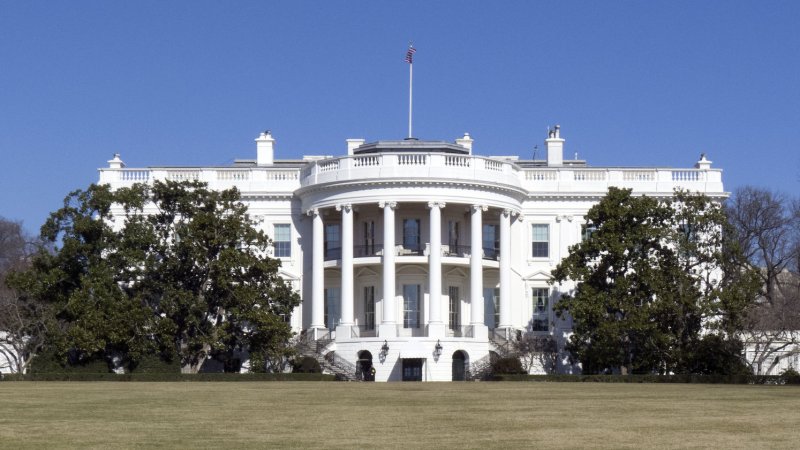WASHINGTON, Nov. 26 (UPI) -- Congress returned to Washington Monday without much of a sense of urgency to complete talks on the so-called fiscal cliff.
"Congressional and White House staff continue to work to find common ground that is consistent with the 'balanced approach' the White House says it wants -- with significant spending cuts, and without job-killing small-business tax hikes," a senior House leadership aide told the Los Angeles Times. Talks between House Republican leaders and White House officials are under way behind closed doors, but there were no talks scheduled between President Barack Obama and congressional leaders, the newspaper said.
Raising U.S. middle-class tax rates and not "patching" the alternative minimum tax could cut consumer spending 1.7 percent in 2013, the White House said Monday.
This could slow the economy 1.4 percentage points, said a report from the White House National Economic Council and Council of Economic Advisers, released to coincide with Cyber Monday, a big online shopping day.
Faced with these impending tax hikes, consumers could spend nearly $200 billion less next year than they otherwise would have, the CEA estimated.
Housing and utilities would be the hardest-hit single area, with a $36 billion decline, followed by healthcare, with a $32 billion drop, the report said. Least affected would be transportation services, with a $6 billion decline, followed by motor vehicles and parts, clothing and footwear, and recreation services, each with a $7 billion decline, the report said.
Consumer spending makes up about 70 percent of the U.S. economy, as measured by gross domestic product, the sum of all goods and services produced within the U.S. borders.
Such spending is responsible for more than two-thirds of the overall GDP rise, accounting for inflation, over 13 quarters since the middle of 2009, the report said.
"If Congress fails to act, every American family's taxes will automatically go up -- including the 98 percent of Americans who make less than $250,000 a year and the 97 percent of small businesses that earn less than $250,000 a year," the report said. "A typical middle-class family of four would see its taxes rise by $2,200."
Investment guru Warren Buffett Monday offered some support to the White House, citing the nation's growing income disparity and saying the wealthiest Americans should pay more, the Times reported.
"In recent years, my gang has been leaving the middle class in the dust," Buffett said. "So let's forget about the rich and ultra-rich going on strike and stuffing their ample funds under their mattresses if -- gasp -- capital gains rates and ordinary income rates are increased."
The tax-rate increase the report spoke about would come from letting current tax-rate cuts, first passed during the George W. Bush presidency and extended in the Obama White House, expire in 35 days.
The so-called Bush-era tax cuts apply to all taxable income. President Barack Obama and Senate Democrats want to keep the cuts for all taxable income up to $250,000 but end them for earnings over $250,000 a year. This would raise them to 39.6 percent from 35 percent.
Republicans want to keep the cuts for the wealthy and to make deep cuts in domestic spending, while protecting the military from automatic across-the-board cuts, known as "sequestrations," split evenly between defense and domestic spending, beginning Jan. 2.
Congress agreed to those automatic cuts Aug. 2, 2011, as part of the Budget Control Act, an agreement to resolve the federal debt-ceiling crisis.
The alternative minimum tax "patch" is a bill Congress has typically passed every year that would shield an estimated 33 million taxpayers this year from paying the onerous AMT, originally known as the "millionaire's tax." The patch increases the amount of exempt income.
The amount of exempt income for single filers is currently $48,450 and $74,450 for married couples filing joint returns. Because of these thresholds, only about 4 million taxpayers paid the AMT in the 2011 tax year, the Internal Revenue Service said.
But under current law, the thresholds are to revert to much lower levels for 2012 -- $33,750 for individuals and $45,000 for married taxpayers filing jointly, the IRS said.















